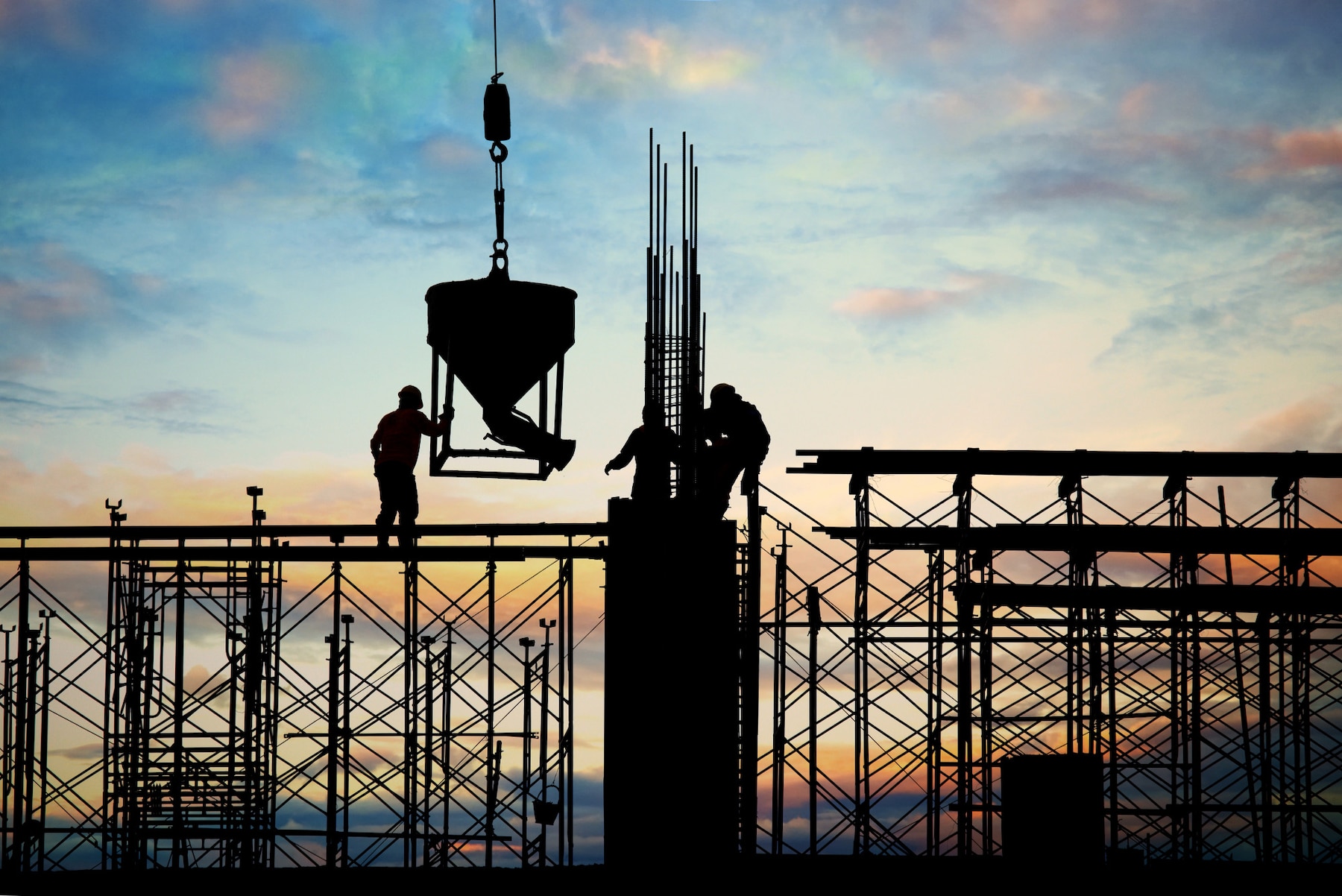“Economic growth without investment in human development is unsustainable and unethical” – Amartya Sen
In the wake of the recent economic recession, the first since 1991, Nigeria released a new development plan – Economic Recovery and Growth Plan (ERGP) – that set out specific objectives for achieving economic growth of 7% by 2020. This release followed earlier plans such as Nigeria Industrial Revolution Plan (NIRP), National Economic Empowerment and Development Strategy (NEEDS), the 7- point agenda, and others that targeted both economic growth and development within a specified period. The implementation of these plans has allowed Nigeria to record some measure of growth. However, the recent recession and its contributing factors (global oil price reduction, unavailability of Foreign Exchange etc.) have shown that Nigeria needs to develop sustainable sources of foreign exchange earnings to fund economic development, besides oil.
To ensure more sustainable growth, Nigeria has to prioritise economic development that produces long-term growth. Focusing on this will require a clear definition of what economic development means for Nigeria, how it can be attained, and the identification of key actors and roles in its attainment.
Although GDP growth is essential for development, other metrics such as improved competitiveness and standards of living are also important to ensure economic development. The terms economic growth and economic development are often used interchangeably but they have quite distinct meanings; Economic growth is an increase in aggregate national output. This is usually of short-term benefit. Economic development involves the fundamental transformation of an economy, leading to long-term economic benefits. It is about positioning the economy on a higher growth trajectory while focusing on improving intrinsic development factors such as unemployment, literacy, life expectancy and poverty rates. This can be achieved by causing institutional changes, altering industrial structures, the educational and occupational characteristics of the population, and the entire social and cultural fabric of a nation. It is the product of long-term investment in generating new ideas, knowledge transfer, and infrastructure. Economic development requires quality improvements and innovation. As a result, a requirement for realising development is the presence of the innovative entrepreneur. These entrepreneurs usually focus on introducing goods with a higher value and can comfortably compete within and outside their country.
Nigeria possesses an abundance of natural resources and comparative advantages that present a good starting point for the pursuit of sustainable economic development.
In addition to a favourable climate, Nigeria has vast amounts of natural resources and a large population. It has the 6th largest gas reserves and the 8th largest crude oil reserves in the world. It is also endowed in commercial quantities with about 44 solid mineral types and has a population of close to 200milliom. The existence of these advantages presents vast opportunities with which Nigeria can push for a trend of continuous economic development.
However, to fully utilise these advantages, we must encourage the notion of competition at both the micro and macro levels. This will see industries attach a premium to improving productivity. It will also see the Nigerian industries transition from a focus on the production of primary goods to the production of secondary goods with a higher value. Such transition is possible only through the mechanisation of the production process. This is argued to be a hallmark of industrialisation. As a result, a focus on the attainment of economic development in Nigeria is indicative of a focus on driving the process of industrialisation within the country.
Where does the Bank of Industry come in?
The Bank of Industry (“BOI”) is one of the public institutions tasked with the mandate of promoting industrialisation in Nigeria. The bank does this by providing both business and financial support to small, medium, and large-scale Nigerian enterprises. Such support provides enterprises with the financing needed to acquire equipment (machines) to improve the efficiency of the production process. We also provide them with business advisory services to ensure that they have the necessary capabilities and know-how needed to operate sustainably. BOI’s role in enabling industrialisation, and economic development, cannot be understated. The application of machinery enables enterprises to produce goods that are not only value-adding but can also compete locally and internationally.
The ERGP and NIRP have placed industrialisation, entrepreneurship, and competition as being central to achieving their objectives. Due to its role as a financer of enterprises BOI is being depicted as probably the most important tool the government has to promote economic development in Nigeria. BOI will continue to strengthen collaborations for greater developmental impact and increase support for enterprises, leading to improved competition, innovation and economic development in Nigeria.

